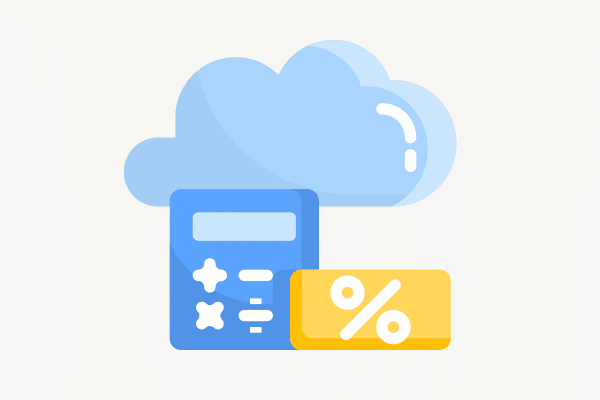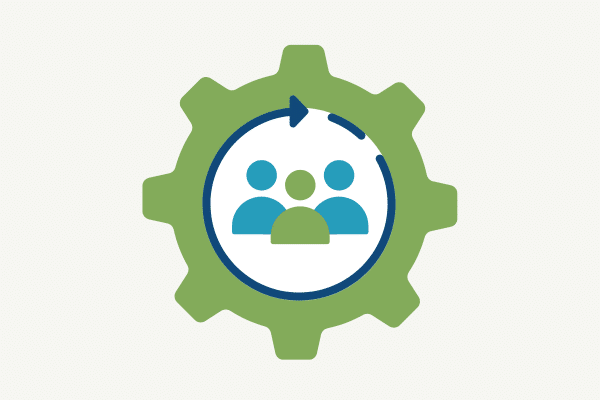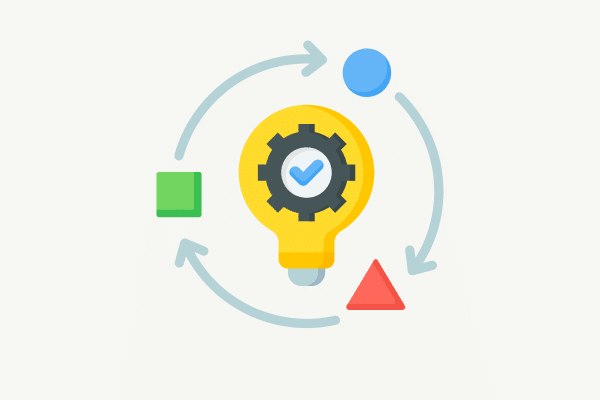
Gambling takes many forms, including casino games, horse racing, sportsbook betting, lotto tickets, scratchers, bingo, and more. For most, gambling is a fun, recreational activity. However, many gamblers experience losses exceeding their winnings, and since excess losses aren’t deductible, they often skip reporting altogether, which doesn’t align with tax laws.
🚩 Reporting Winnings and Losses
If your gambling winnings hit certain levels, the government mandates that the gambling establishment collect your Social Security number and report your winnings to Uncle Sam on a Form W-2G. Gambling establishments will issue a Form W-2G if you:
- ✅ Win $1,200 or more on a slot machine or from bingo.
- ✅ Win $1,500 or more on a keno jackpot.
- ✅ Win more than $5,000 in a poker tournament.
- ✅ Win $600 or more from all other games, but only if the payout is at least 300 times your wager.
Reporting Winnings
Many believe they only need to report winnings that result in a Form W-2G. Unfortunately, the IRS disagrees. Even if your gains can be offset by gambling losses, the IRS expects you to report all gambling winnings, even those below the W-2G threshold, which they will scrutinize during an audit.
Gambling Losses
The good news is that you can deduct gambling losses if you itemize deductions, but only up to the amount of your gambling income. This means you can’t have a net gambling loss on your tax return. If you don’t itemize, you’ll owe taxes on the entire amount of your winnings, even if you incurred a net loss.
📉 Documenting Losses
How do you document gambling losses if audited? Discarded tickets aren’t acceptable documentation. The IRS suggests maintaining a detailed diary of your gambling activities, supplemented by verifiable documentation, including:
- 1️⃣ Date and type of wager
- 2️⃣ Name and location of the gambling establishment
- 3️⃣ Names of people present with you
- 4️⃣ Amounts won or lost
Save all relevant documentation, including losing tickets, checks, casino credit slips, hotel bills, plane tickets, and entry tickets. Slot clubs may provide records of electronic play, and affidavits from gambling officials can also help. Specific wagering transactions can be supported by:
- ✅ Keno: Copies of validated tickets.
- ✅ Slot Machines: Record of winnings by date and time.
- ✅ Table Games: Table number and casino credit card data.
- ✅ Bingo: Number of games played, cost, and amounts collected.
- ✅ Racing: Race details, wagers, and winnings/losses.
- ✅ Lotteries: Purchase dates, winnings, and losses.
Other Tax Side Effects of Gambling
Gambling income is fully reported as income while losses are itemized deductions, increasing your AGI, which can negatively impact your taxes.
Social Security Income
For those receiving Social Security, whether benefits are taxable depends on your AGI. If your AGI exceeds certain thresholds, up to 85% of Social Security benefits can be taxable.
💊 Health Insurance Subsidies
Under the Affordable Care Act, health insurance subsidies are based on AGI. Gambling winnings can reduce these subsidies, requiring you to pay more for health insurance.
Medicare B and D Premiums
Medicare premiums are based on AGI. High AGI can triple Medicare B premiums and add surcharges to Part D premiums.
Other Limitations
Other tax rules limit benefits based on AGI, such as medical deductions, child and dependent care credits, and the earned income tax credit.

🎯 GAMBLING GOTCHA #1 - Full Winnings Impact AGI
Since you can’t net winnings and losses, the full amount of your winnings adds to your adjusted gross income (AGI), which is used to determine eligibility for other tax benefits. A higher AGI can limit these benefits.
🎯 GAMBLING GOTCHA #2 - Itemizing Deductions
If you don’t itemize deductions, you can’t deduct losses, meaning you’ll pay taxes on all winnings, even if you had a net loss. Recent tax reforms increased standard deductions and limited other itemized deductions, so fewer taxpayers will itemize and more will pay taxes on their winnings.
🎯GAMBLING GOTCHA #3 - Social Security Benefits
If your gambling winnings push your AGI over the threshold, some of your Social Security benefits may become taxable.
🎯GAMBLING GOTCHA #3 - Social Security Benefits
If your gambling winnings push your AGI over the threshold, some of your Social Security benefits may become taxable.
🎯GAMBLING GOTCHA #4 - Insurance Subsidies
Adding gambling income to your AGI can significantly reduce health insurance subsidies, increasing your costs.
🎯GAMBLING GOTCHA #5 - Online Gambling Accounts with Foreign Companies
If your online gambling account exceeds $10,000 at any time during the year and it’s with a foreign company, you must report it to the Treasury or face penalties.
🎯GAMBLING GOTCHA #6 - Reporting Foreign Accounts
Regardless of winnings or losses, foreign online gambling accounts over $10,000 require filing a FinCEN Form 114 (FBAR). Penalties for non-compliance are severe.
Have questions about gambling and taxes?
Reach out to us for personalized advice and make sure you’re on the right side of the law. Let’s keep those winnings as joyful as they were when you won them!





